Why Brits are falling out of love with online grocery shopping
Survey cites delivery charges and not being able to choose fresh products for decline
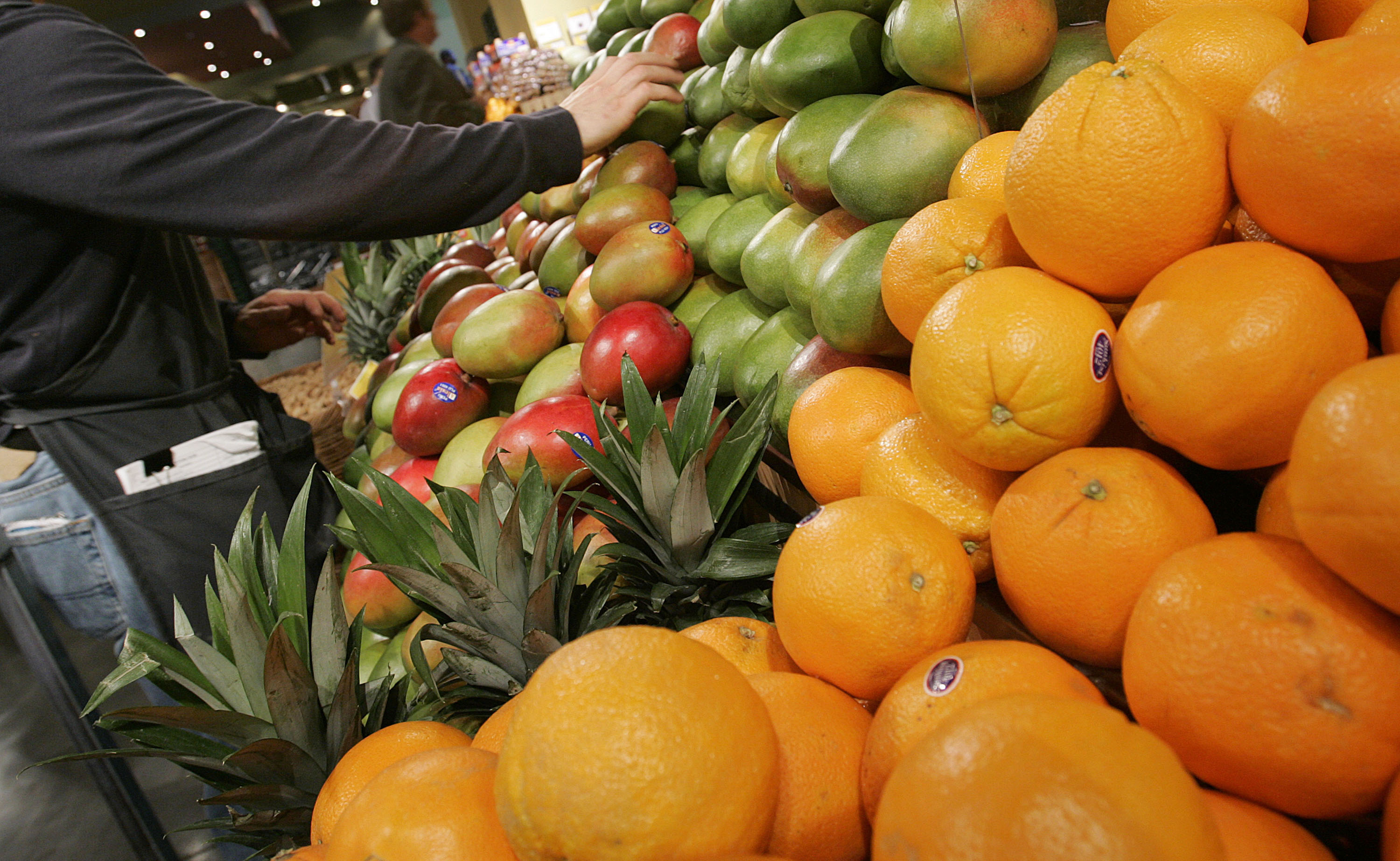
A free daily email with the biggest news stories of the day – and the best features from TheWeek.com
You are now subscribed
Your newsletter sign-up was successful
Fewer Brits are using the internet to order their supermarket shopping, according to new research.
Last year, 45% of consumers said they shopped for groceries online, down from 49% in 2016, according to analysts Mintel.
The survey of 2,000 internet users found that the most common reason why consumers do not shop online is that they prefer to choose fresh products themselves (73%), while nearly two-thirds of online grocery shoppers said they had had an issue with an online grocery order in the past year.
The Week
Escape your echo chamber. Get the facts behind the news, plus analysis from multiple perspectives.

Sign up for The Week's Free Newsletters
From our morning news briefing to a weekly Good News Newsletter, get the best of The Week delivered directly to your inbox.
From our morning news briefing to a weekly Good News Newsletter, get the best of The Week delivered directly to your inbox.
Nearly a quarter - 24% - of reluctant online shoppers thought delivery charges were too high, while 18% did not like being subject to minimum spending levels.
“Many people are also choosing to support the employees working in their local food store and, where possible, support smaller, independent food shops,” reports This is Money.
The survey also “found evidence of a disparity between enthusiastic younger people and sceptical older shoppers who were suspicious of online grocery shopping”, says the BBC.
In total 42% of older people surveyed said they had never bought groceries online and had no interest in doing so.
A free daily email with the biggest news stories of the day – and the best features from TheWeek.com
Mintel’s associate director of retail research, Nick Carroll, also noted that not all recent shopping trends are working in favour of the internet.
He said: “Online services are still best suited to the traditional big-basket weekly shop, at a time when consumers are increasingly shopping on a top-up or when-needed basis.”
Last year, online grocery deliveries made up 7% of the whole retail sector, with a total value of £12.3bn. Mintel said that, despite the slowdown, this proportion was forecast to hit 10% by 2023, with sales rising to £19.8bn.
Online grocery shopping “is an increasingly important factor in the strategies of big food retailers, notably with Marks & Spencer spending £750m to acquire a 50% share of online firm Ocado’s retail business”, says the BBC.
Carroll said: “Online grocery is, alongside the food discounters, one of the fastest-growing segments within the wider grocery sector.
“However, growth is slowing and the number of users is plateauing as retailers struggle to encourage new customers to try their services.”
-
 6 exquisite homes with vast acreage
6 exquisite homes with vast acreageFeature Featuring an off-the-grid contemporary home in New Mexico and lakefront farmhouse in Massachusetts
-
 Film reviews: ‘Wuthering Heights,’ ‘Good Luck, Have Fun, Don’t Die,’ and ‘Sirat’
Film reviews: ‘Wuthering Heights,’ ‘Good Luck, Have Fun, Don’t Die,’ and ‘Sirat’Feature An inconvenient love torments a would-be couple, a gonzo time traveler seeks to save humanity from AI, and a father’s desperate search goes deeply sideways
-
 Political cartoons for February 16
Political cartoons for February 16Cartoons Monday’s political cartoons include President's Day, a valentine from the Epstein files, and more
-
 Labubu: the 'creepy' dolls sparking brawls in the shops
Labubu: the 'creepy' dolls sparking brawls in the shopsIn the Spotlight Craze for the pint-sized soft toys has reached fever pitch among devotees
-
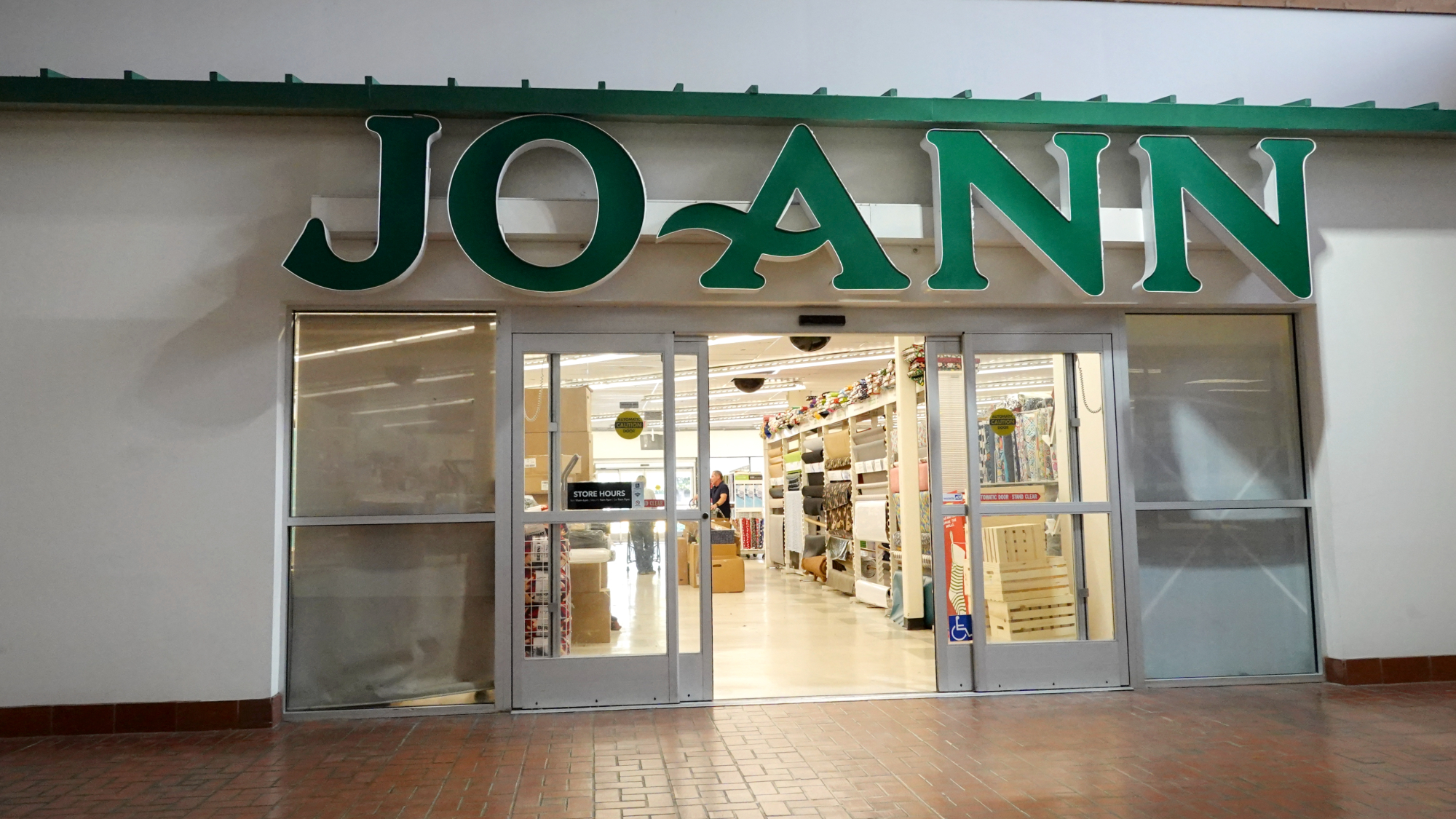 Crafting emporium Joann is going out of business
Crafting emporium Joann is going out of businessSpeed Read The 82-year-old fabric and crafts store will be closing all 800 of its stores
-
 Store closings could accelerate throughout 2025
Store closings could accelerate throughout 2025Under the Radar Major brands like Macy's and Walgreens are continuing to shutter stores
-
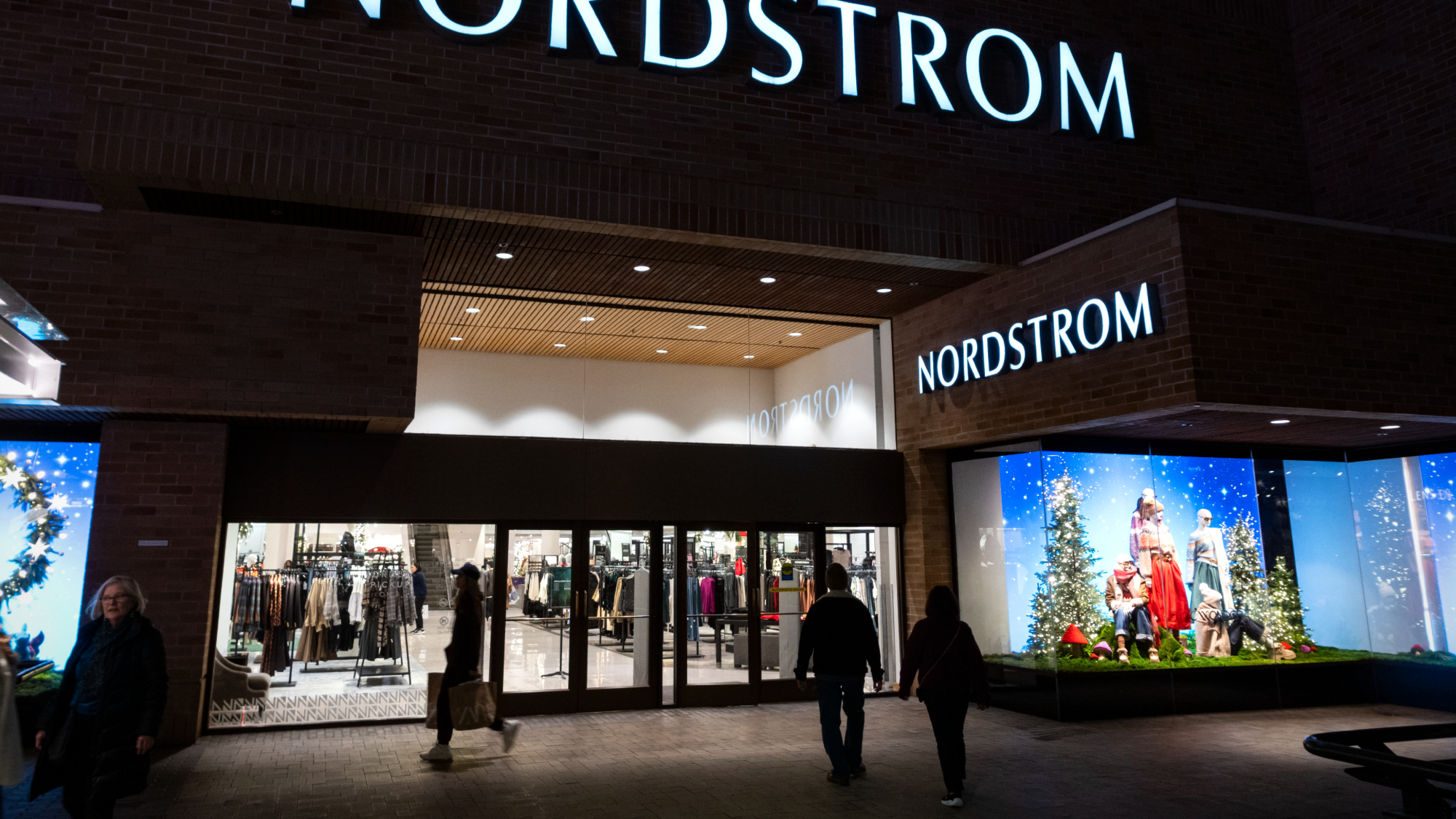 Nordstrom family, investor to take retail chain private
Nordstrom family, investor to take retail chain privateSpeed Read The business will be acquired by members of the family and El Puerto de Liverpool, a Mexican real estate company
-
 Giant TVs are becoming the next big retail commodity
Giant TVs are becoming the next big retail commodityUnder the Radar Some manufacturers are introducing TVs over 8 feet long
-
 The rise and fall of Tupperware
The rise and fall of TupperwareUnder The Radar The byword for food storage has filed for bankruptcy – was it a victim of its own success?
-
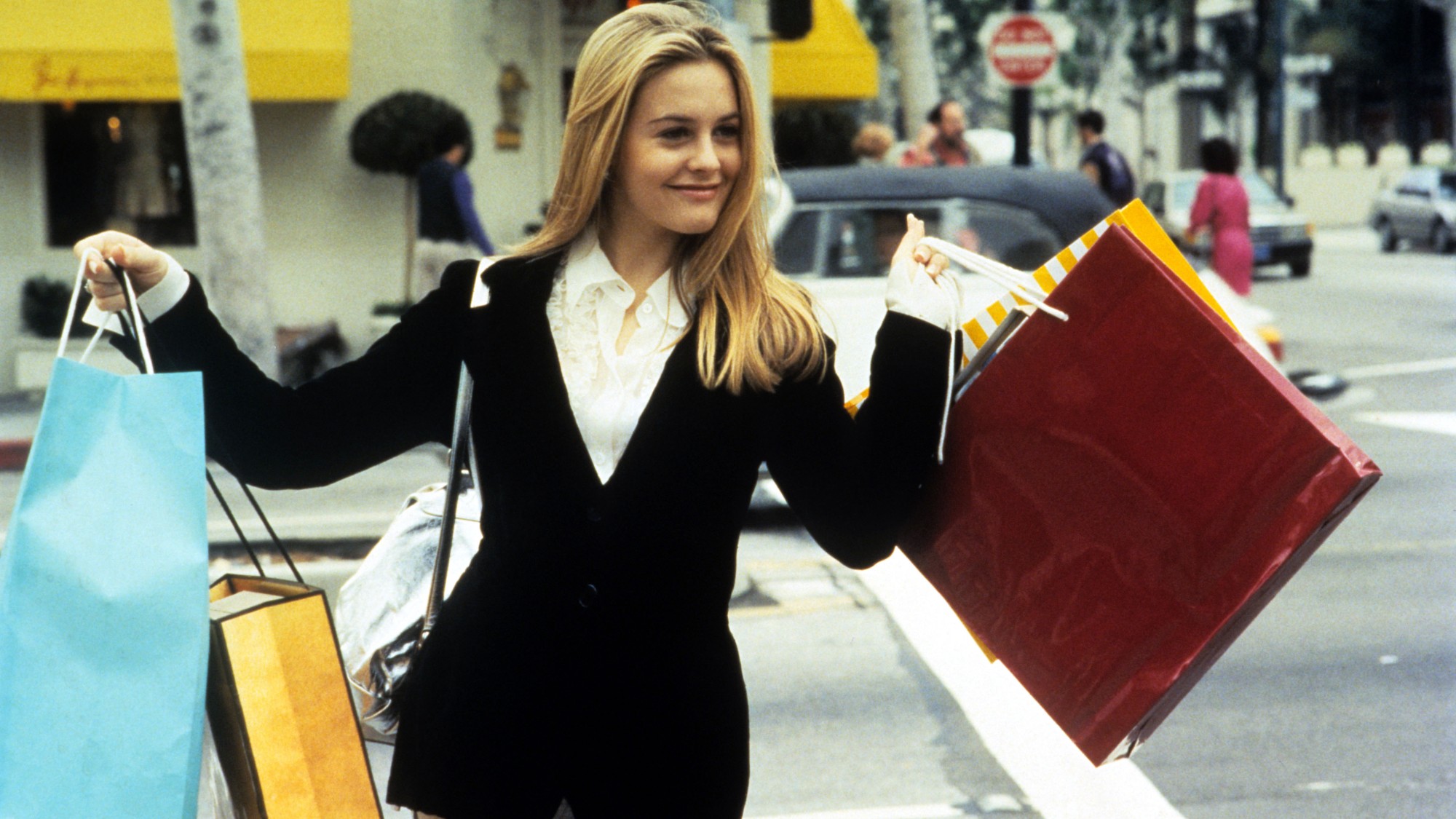 Britain's new retail returns nightmare
Britain's new retail returns nightmareIn the Spotlight Gen Z influencers and a 'poopy diaper' have shown up fault-lines in the system
-
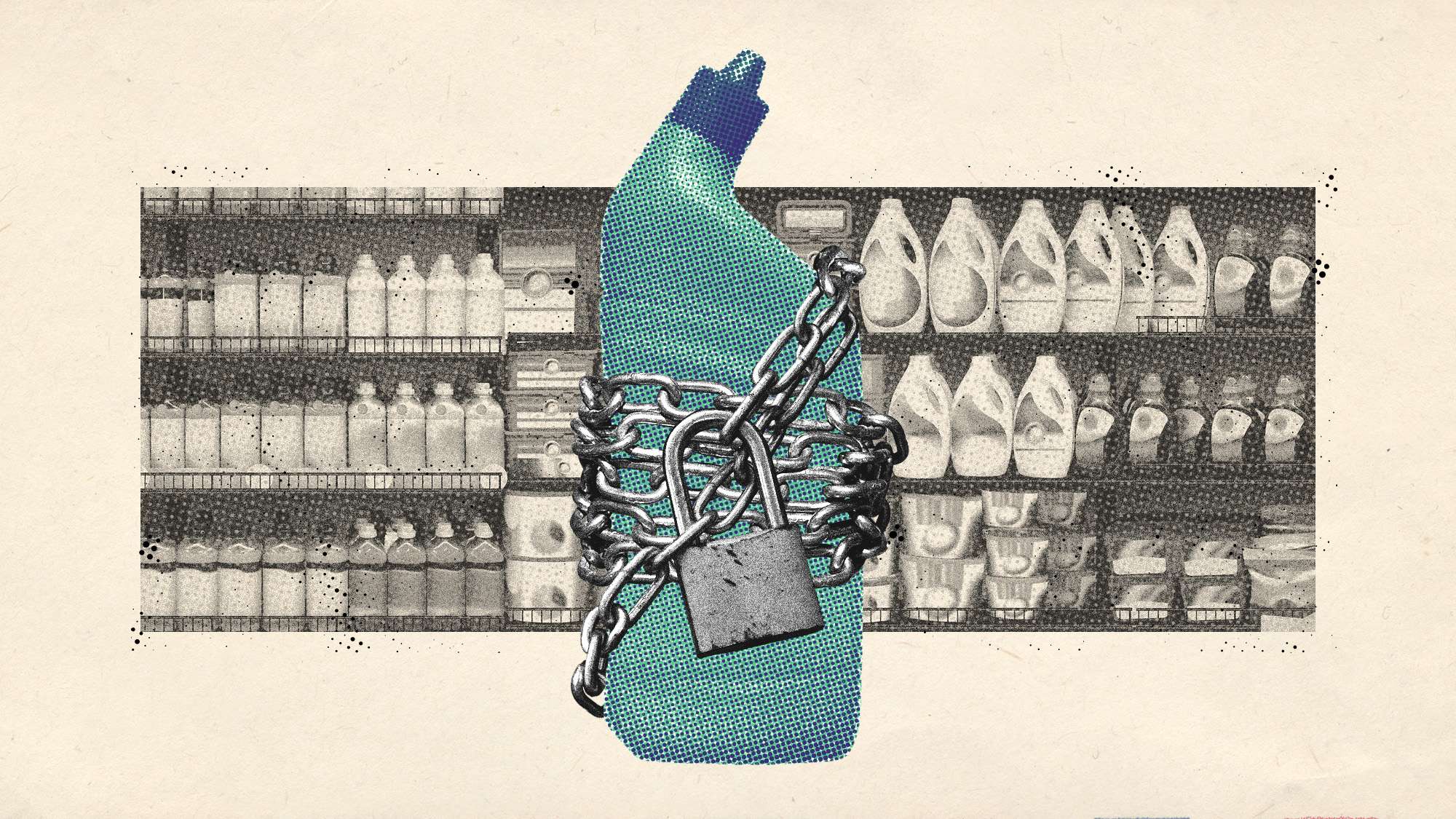 The inconvenience store: Why are shops locking up even more merchandise?
The inconvenience store: Why are shops locking up even more merchandise?Under the Radar You may have noticed a surge in items stowed behind security glass